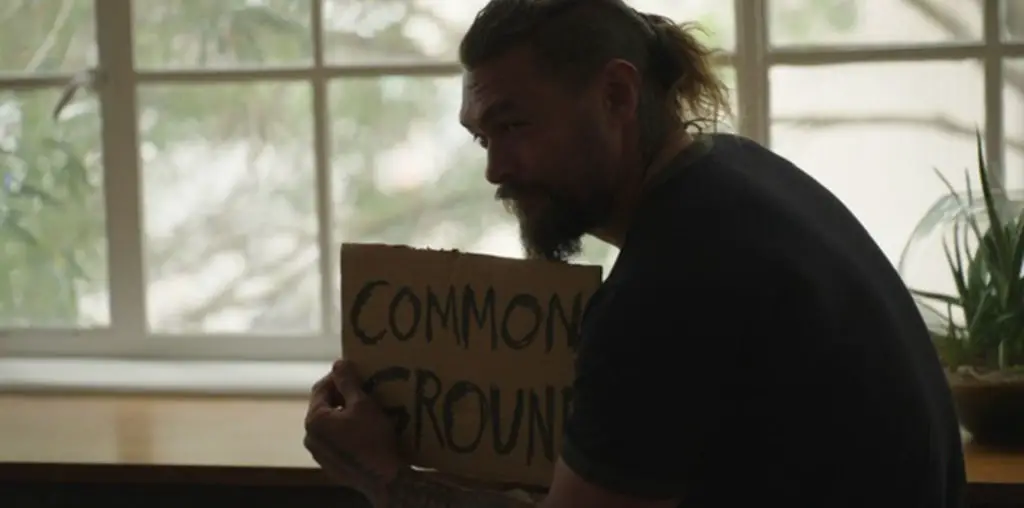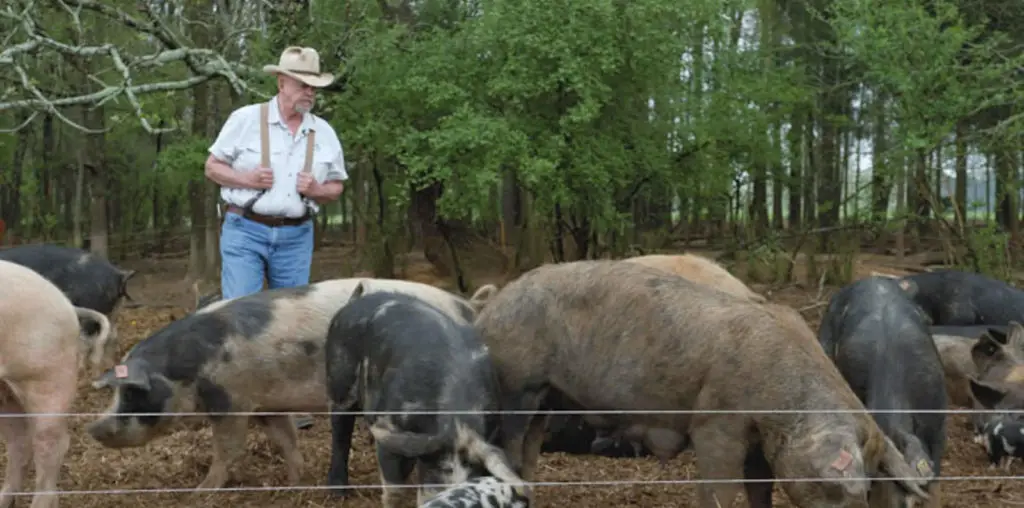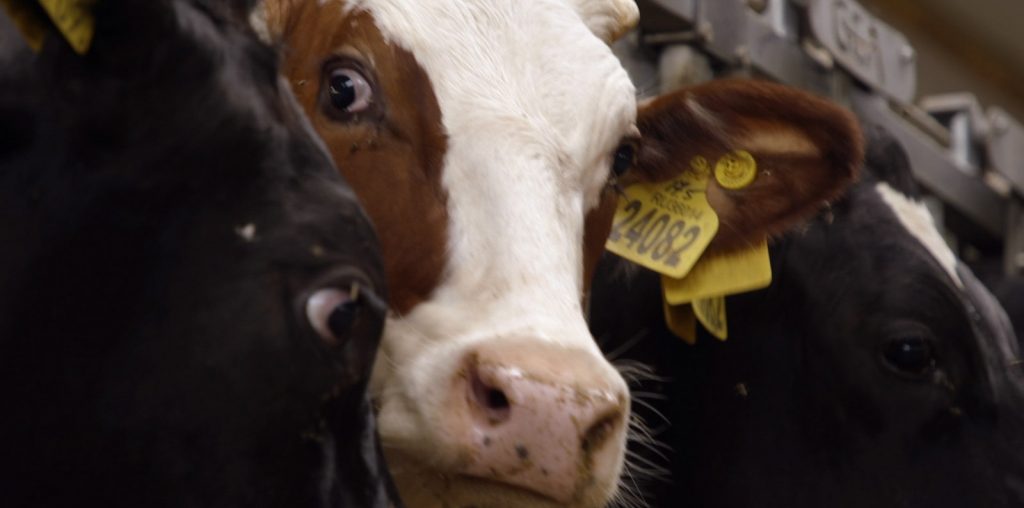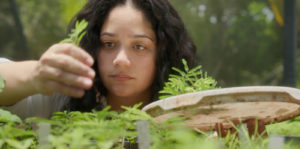
The idea that we are moving everyone away from rural farms to cramped cityscapes is abhorrent to me. Llaima Suwani Sanfiorenzo’s documentary short, And Still the Seed, draws us back into the exquisite beauty of nature and the challenges of keeping our ecosystems alive.
The beautiful island of Puerto Rico is on full display. For decades, the country has been in conflict between maintaining its natural and dense ecosystem and the growing population’s need for housing and industry.
The film opens with Leidy Vázquez Santos, who works at a greenhouse in Barranquitas. There, she dedicates herself to the care and protection of native seeds. She meticulously sows seeds of native plants and trees, such as Guayacan, Cacao, and Pitanga, among dozens of others.
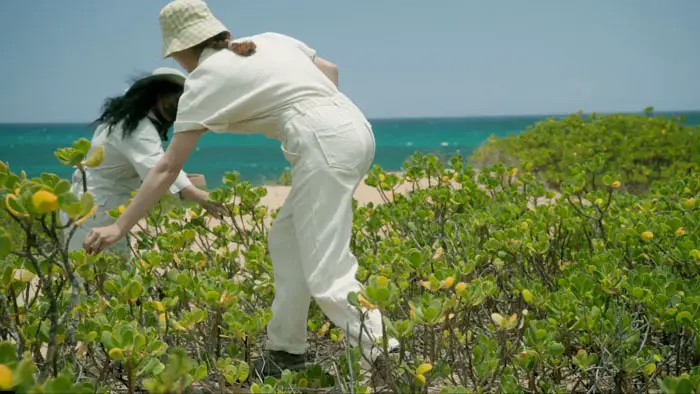
“…the exquisite beauty of nature and the challenges of keeping our ecosystems alive…”
Puerto Rico is coveted for its natural resources, including its dry forests, coastal areas, and mountainous regions. Filmmaker Sanfiorenzo touches on the island’s history, including the arrival of colonizers who began cutting down trees for lumber to be sent to Europe. Sugarcane, tobacco, and coffee production severely altered the island’s agriculture.
In And Still the Seed, Sanfiorenzo captures the art found in nature. The documentary spotlights Santos’ work, and Sanfiorenzo gets up close to the action with the loving hands that sow the seeds and the germination process for what hopes to be a successful tree-planting season. While some will grow quickly, others will take hundreds of years to reach full maturity. One could make a coffee-table book from the macro-images of the seedlings alone.
In stark contrast, Sanfiorenzo incorporates a traditional Spanish puppet show, along with scientific drawings and schematics, to illustrate Puerto Rico’s history and potential future.
If you’ve read my reviews of environmental documentaries, you’ll notice my evolution from environmental skepticism to a strong advocate for regenerative agriculture. And Still the Seed is another documentary to add to the environmental library of ideas that the answer is better management of our land and casting aside this arrogance that science can replace what nature has accomplished for millennia.
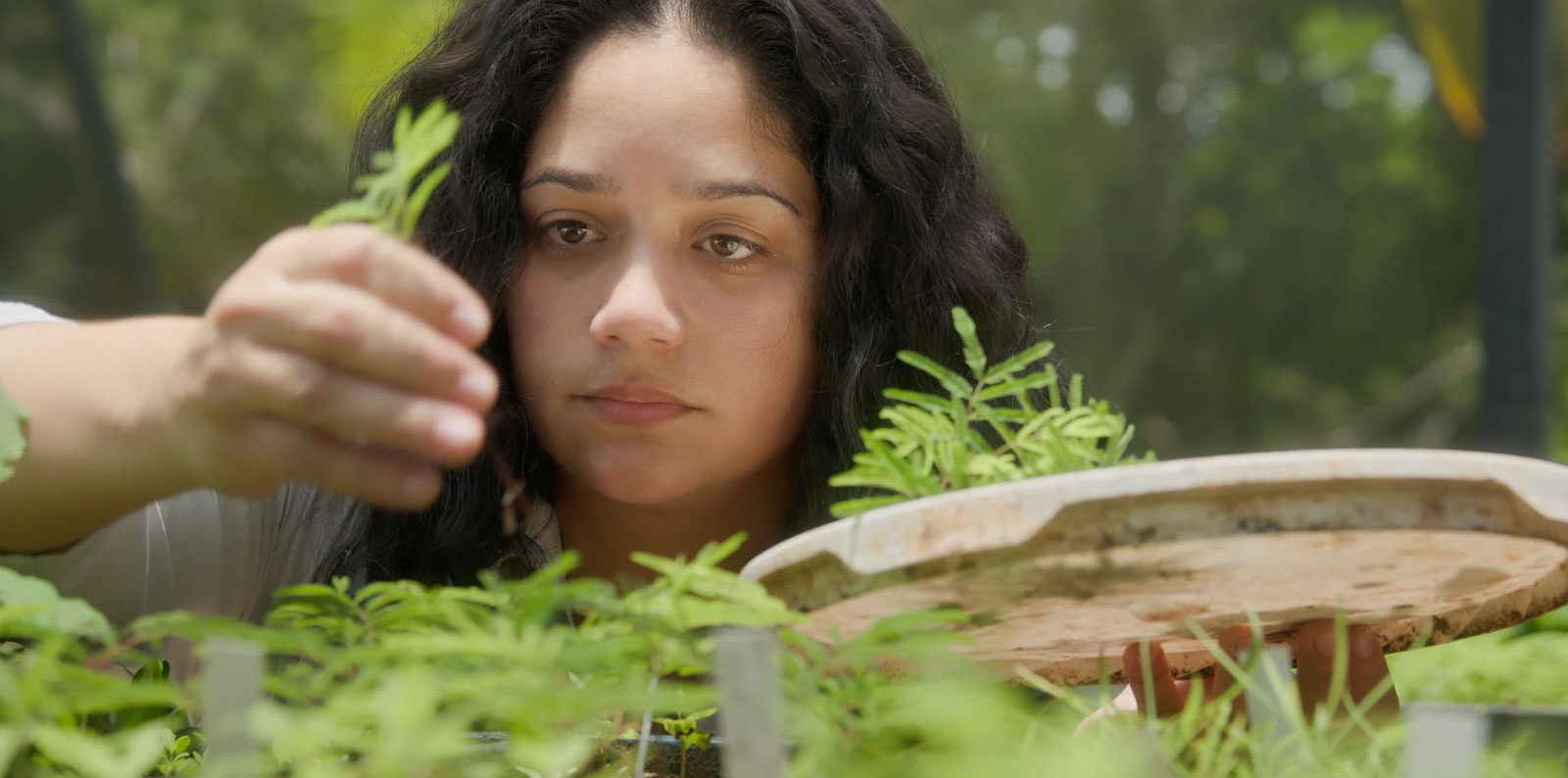
"…captures the art found in nature..."
